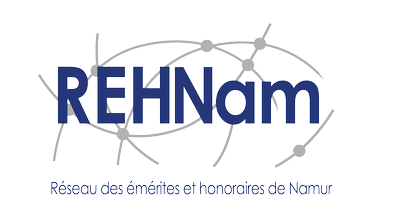L'instrumentalisation politique de l'Islam: perspective historique
Dans quelle mesure peut-on considérer l'Islam comme responsable des problèmes rencontrés dans les pays à majorité musulmane, en particulier l'opposition qui s'y manifeste à l'encontre de réformes de modernisation ainsi que l'instabilité politique qui y règne?
La présentation vise précisément à expliquer la présence simultanée de ces deux problèmes. L'argument se fonde sur deux propositions essentielles.
D'abord, l'idée selon laquelle l'Islam est un obstacle au progrès car il a toujours été associé à une fusion entre la religion et l'Etat, entre les sphères politique et spirituelles, ne résiste pas à l'épreuve des faits.
Ensuite, l'Islam est une religion décentralisée et cette caractéristique organisationnelle le rend particulièrement vulnérable aux tentatives d'instrumentalisation politique par des pouvoirs autocratiques.
-----------------------------------------------------------------
To what extent and in what sense is Islam responsible for the problems encountered by the countries in which it dominates?
Foremost among such problems are high political instability and the postponement or reversal of social reforms conducive to long-term development: reform of the family code and measures to improve women’s status, or modernization of school curricula and measures to minimise rote learning of religious and other texts, for example, clearly involve high costs in terms of growth opportunities foregone.
The argument in this book allows to explain the simultaneous presence of these two problems. It rests on two propositions.
On the one hand, we disagree with the essentialist view according to which Islam is a major obstacle to modern development because it has always been associated with a merging of religion and the state, or a fusion between the spiritual and political spheres of life.
On the other hand, we reckon that Islam possesses a special feature in the form of a highly decentralised structure. It makes politics comparatively unstable yet, by buying off religious clerics, autocratic rulers can mitigate instability at the cost of fewer institutional reforms. Radicalisation of the clerics nevertheless makes this co-option strategy more costly.










